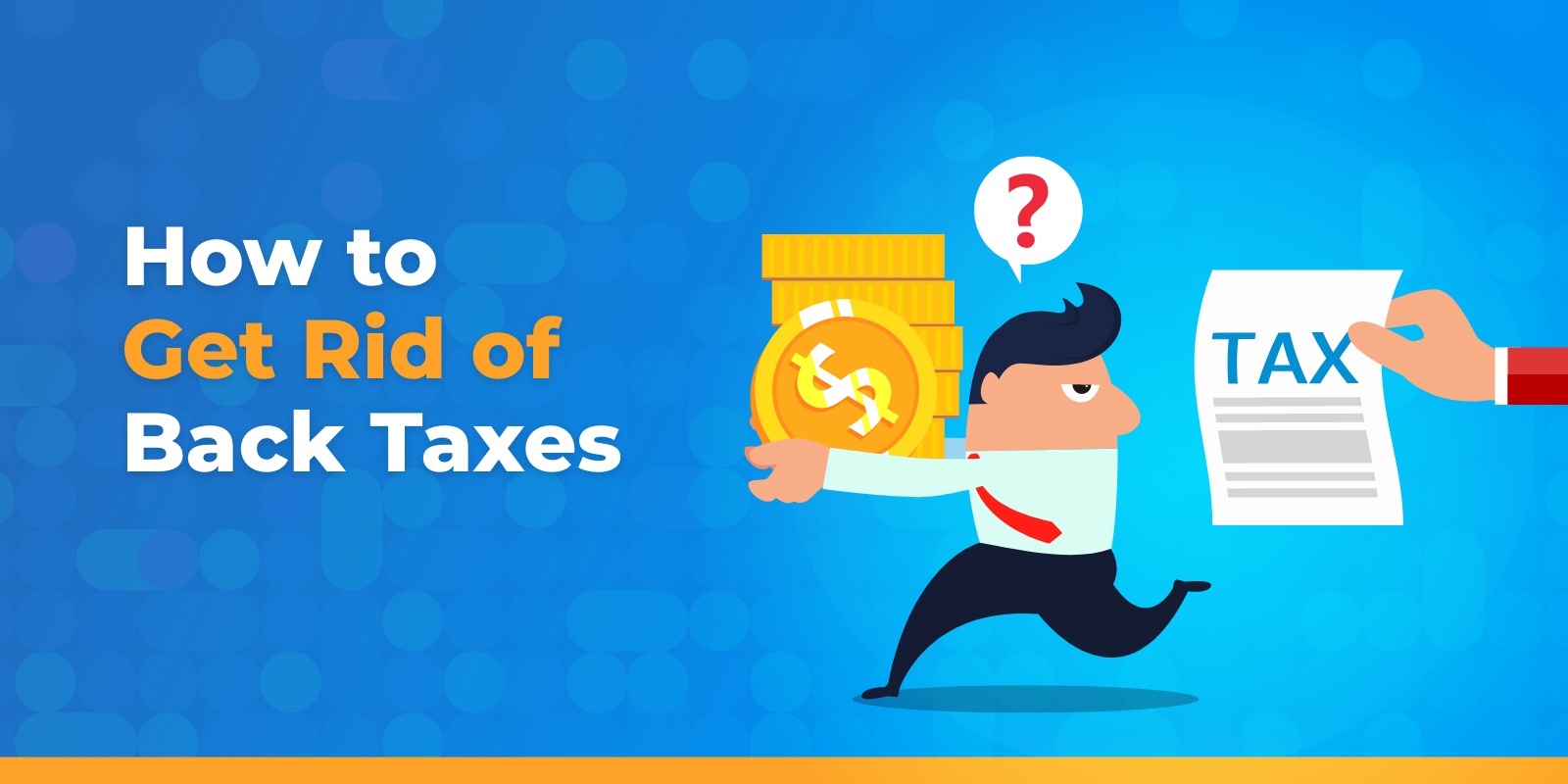
IRS enforcement has cooled in the years following the COVID-19 pandemic, but the 2022 Inflation Reduction Act is equipping the agency with over $45 billion for tax enforcement. With high interest rates in place, now is an even worse time to owe the IRS. Here is an overview of back taxes and how to get rid of them.
What are back taxes?
Back taxes are unpaid taxes from a previous year. For example, if you had a tax bill of $1,000 after filing your 2021 tax return and did not pay it, you owe back taxes. Not only would you owe the $1,000, but you would also owe any penalties and interest that accrued on this tax bill. You can owe taxes by not reporting all earned income, not filing a return, or filing but failing to pay your tax bill.
What happens if I don’t pay back taxes?
Unpaid taxes will result in an IRS notice, which is a formal letter from the IRS. Typically, the notice will advise the taxpayer to pay the balance owed within 21 days. If the balance is still unpaid within 60 days, the IRS will likely proceed with collections. While the IRS is awaiting payment, the tax balance will accrue interest and penalties.
How do I get rid of back taxes?
If you do find yourself in the unfortunate situation of owing the IRS, there are some options for how to pay your back taxes. If you cannot afford to pay, you still have options. It’s important to know that there are always options and the worst thing you can do is ignore the issue.
Pay your taxes
This is the most straight-forward solution to getting rid of back taxes. If you can afford to pay off your tax balance, you should do it immediately to avoid additional penalties and interest. IRS interest rates are high right now, making your tax bill more expensive than it would’ve been in previous years. You can pay your tax bill with a credit or debit card through your online IRS account, by phone or even on the IRS mobile app. If you don’t have enough to cover the balance, you can request a short 120-day extension with the IRS. This option doesn’t stop interest or penalty fees, but it will allow more time to pay the tax debt in full. Even borrowing from your retirement fund or taking out a personal loan might be a better option than allowing your tax balance to grow.
Request an Installment Agreement
You can request an installment agreement, or a monthly payment plan, with the IRS. With this option, the 0.5% monthly penalty will be reduced to 0.25% until the balance is paid off. Interest will continue to accrue until the balance is paid. If you cannot pay your back taxes within 120 days and you owe less than $50,000, this might be the best option for you. Taxpayers should note if they do not pay according to the IRS’s set schedule, they can void the installment agreement and proceed with enforcement.
Apply for an Offer in Compromise
In some cases, the IRS may settle your tax debt for less than the amount you owe with an offer in compromise (OIC). This is understandably the most sought-after option to get rid of back taxes, but it is also rarely approved by the IRS. To qualify, taxpayers need to prove that paying off their tax debt would result in financial hardship according to IRS standards. They also need to be current on all tax returns and cannot be in bankruptcy. Applying requires an application fee, which can be waived if you are a low-income taxpayer and an initial nonrefundable payment. Your debt will also still accrue interest while your application is reviewed.
Tax Help for Taxpayers with Back Taxes
Having unpaid back taxes can cause severe stress and dealing with the IRS on your own can be intimidating and time-consuming. A knowledgeable and experienced tax professional can help you understand your options better and do the heavy lifting when trying to get rid of your back taxes. Optima Tax Relief is the nation’s leading tax resolution firm with over $1 billion in resolved tax liabilities.
If You Need Tax Help, Contact Us Today for a Free Consultation